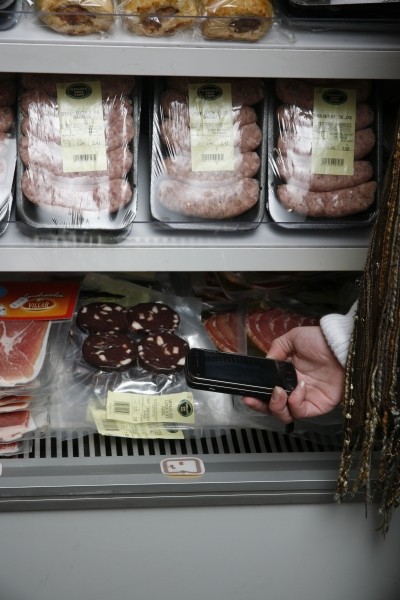Sustainable supply chain ‘must be led by bosses’

Step Change in Agri-food Logistics Ecosystems (Project SCALE) set out three years ago to bring academics together with food and drink companies across North-West Europe. The aim was to create tools and frameworks to improve supply chain sustainability.
A key outcome from the study, which has just been completed, was ‘The SCALE Journey’, said researchers. This was developed to help companies recognise and overcome common barriers to sustainability improvement, featuring different tools to assist along the way.
Divided into three key stages (Shape, Build and Mobilise), some of these tools were presented to the industry at an event held last month. The conference took place at Cranfield University in Bedford, one of Project SCALE’s partners, and run in partnership with The Chartered Institute of Logistics and Transport and the Food Storage & Distribution Federation.
Social, environmental and economic
At the same time, industry bosses were exhorted to address the ‘triple bottom line’ of social, environmental and economic performance. Too often, they only flirted with the first two, while economic performance remained their overriding concern, said researchers, who also outlined barriers, and key enablers to building sustainable supply chains.
“Whilst the tools we have created help, they alone do not guarantee success,” Siôn Roberts, senior partner at European Food and Farming Partnerships, another Project SCALE partner, told delegates at the summit.
“In practice, the impetus must begin at board level. Business leaders must prioritise the triple bottom line and foster a culture which allows time and space in the hearts and minds of their employees to achieve meaningful change.”
Project SCALE tools include the Canvas (for prioritising potential areas of supply chain improvement), the Collaboration for Sustainability framework (mobilising internal and external partnerships) and the Collaboration Planning Tool (comparing and optimising multiple supply chain scenarios).
‘Range of tools’
Denyse Julien, senior lecturer at Cranfield University, concluded: “SCALE has developed an impressive range of tools and analysis to help a business achieve fundamental improvement in its supply chain competitiveness.
“The choice between either sustainability or profitability is being replaced increasingly with a requirement for more complex decision making. Businesses that are collaborating in their supply chain and optimising their social and environmental practices are doing so because they understand that it can drive better business performance across the triple bottom line.”
Project SCALE outcomes will be featured on the Sustainable Food Chains Platform, which will be launched in June. Further information is available from www.projectscale.eu
The five Project SCALE partners were Cranfield University, supply chain firm DHL, Wageningen University, European Food and Farming Partnerships (EFFP) and Université d’Artois.
















